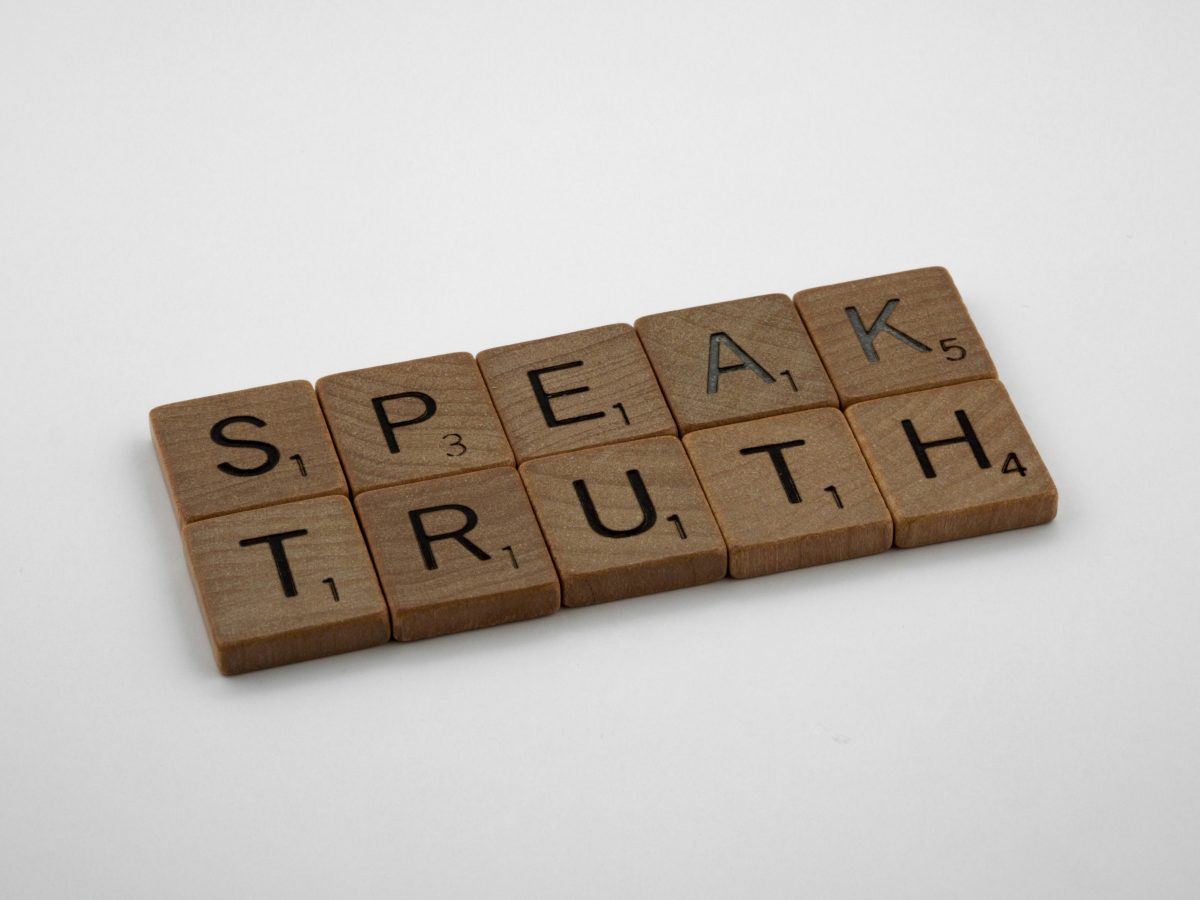
By Yamila García
One of the things that has been most difficult for me to understand about social conventions is how pervasive lies are. People lie to avoid looking bad, so that others don’t see things that are not socially acceptable, or to appear as someone different. People lie all the time about small, even insignificant things. People lie when they are late, as if the excuse they invented could turn back time. But I can’t help thinking, “You are already late! Don’t make it worse!” People also lie to justify their attitudes. They lie about things that don’t even need to be discussed. Silence is often better. Understanding the world around me is a challenge, especially when I consider how many lies are present in the interactions we have with others. Lies have been a great barrier to understanding how society works and how I should act. For me, lies are not the easy choice; I don’t see the need, and I don’t understand how anyone can consider them a better option than the truth. With this, I am not saying that we should go through life without a filter, or tell the truth in the crudest way. However, after spending so many years trying to learn how to communicate in a socially acceptable way, I believe that many of us can find kind and thoughtful ways to express ourselves without lying.
I’m not going to tell you that my life was full of activities if what really happened was that it was difficult for me to organize myself for a few days and I couldn’t find the time to plan something with you. I won’t say that others organized my birthday for me and that’s why you didn’t receive an invitation. I’ll tell you that I didn’t really want to mix groups because you didn’t know any of my other friends and I was worried that it would make you feel uncomfortable. I’ll tell you that I hope we can celebrate it together another day. Behind lies, there is an underestimation of the other that I do not consider respectful. Whether I like you or not, you’re not going to get that from me. Perhaps, it is a consequence of having been underestimated so many times. Sometimes, other people’s mistakes are so hurtful that they help us learn.


